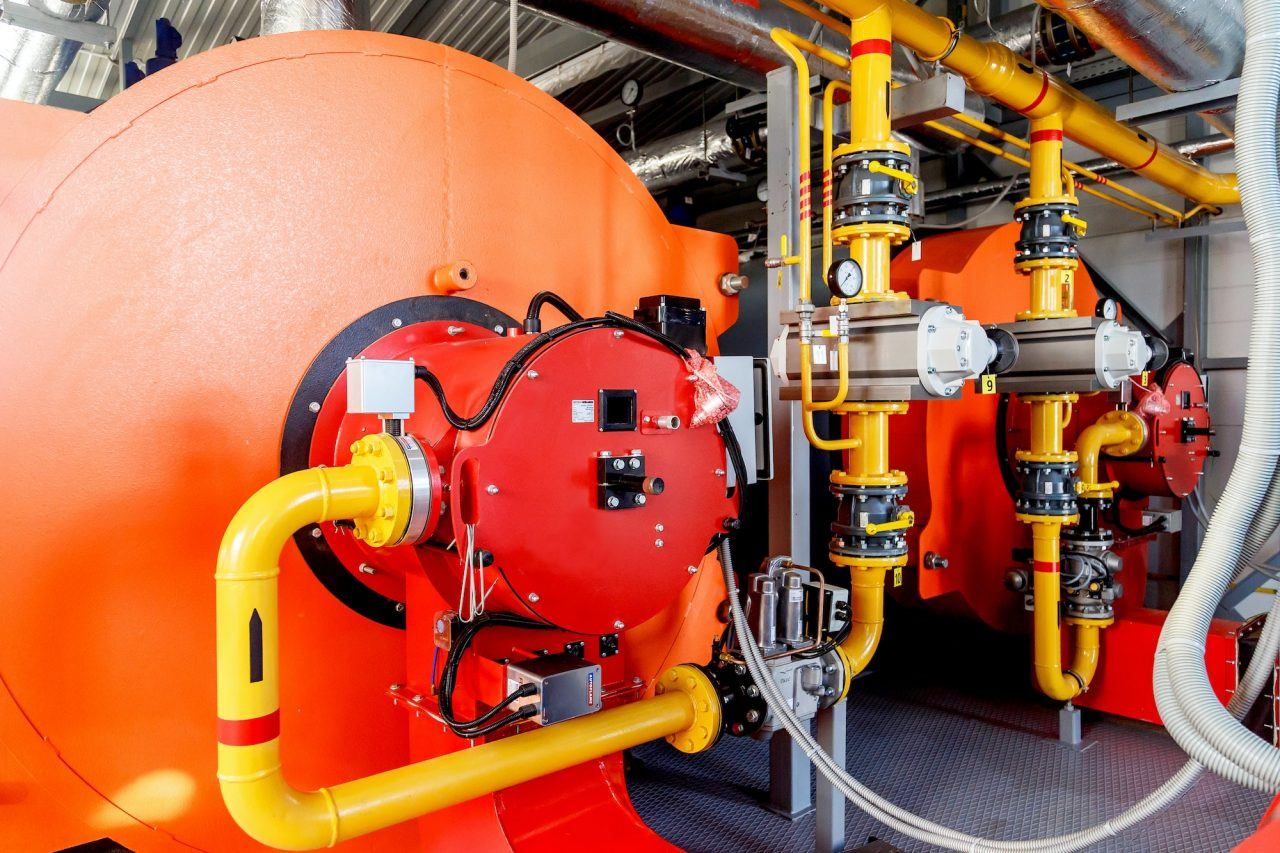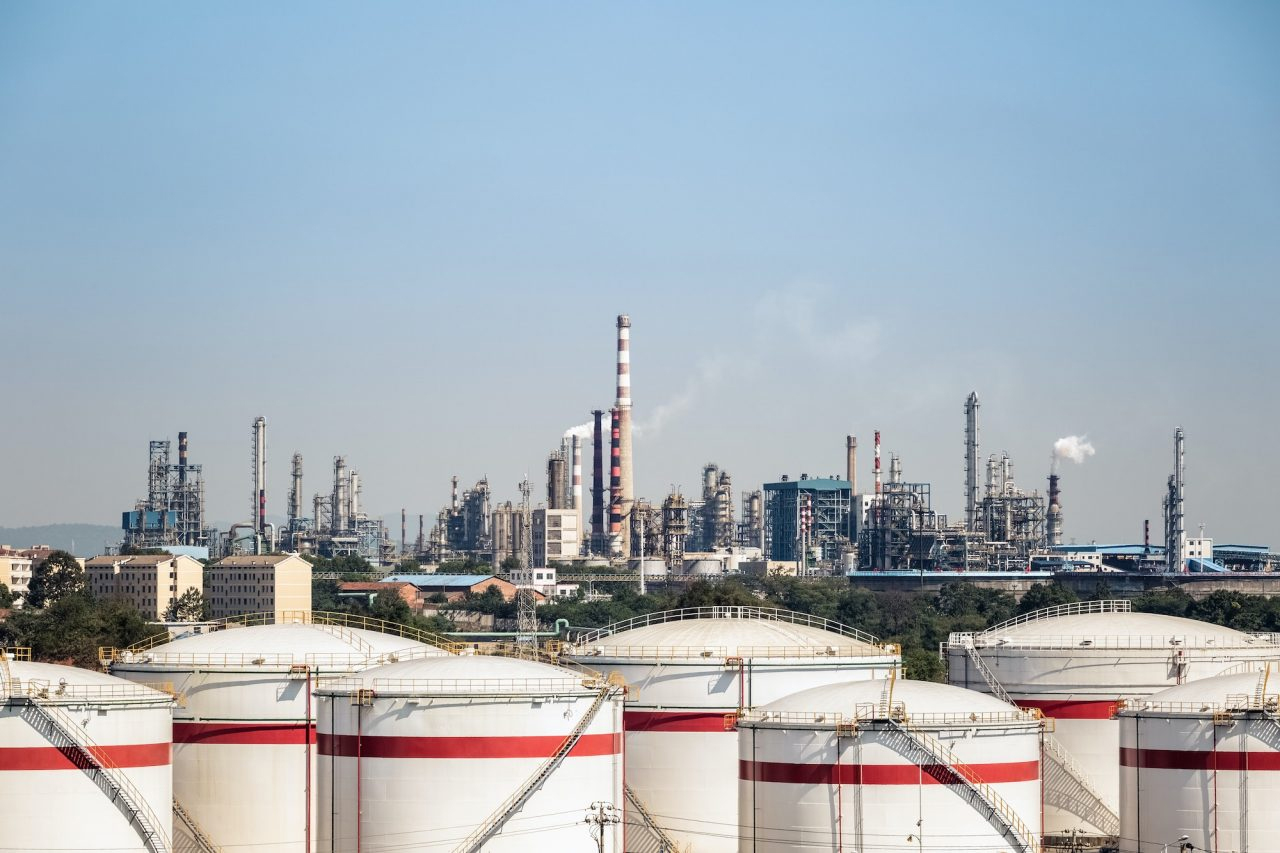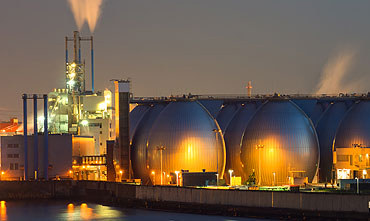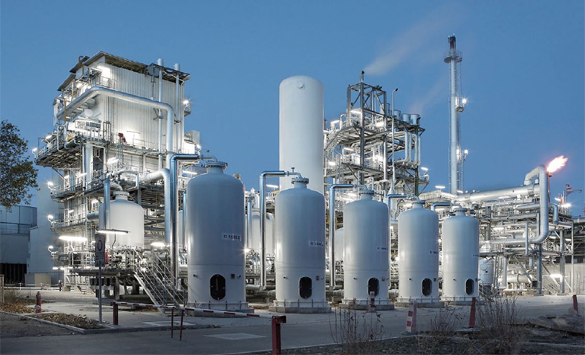
STEEL
Renewable hydrogen will transform today’s carbon-intensive primary steelmaking process via the blast furnace route using coal to a hydrogen-based direct reduction route. At same time, it substitutes hydrogen produced from fossil sources in existing processes.

OIL REFINERIES
Hydrogen is used in industrial refining processes to produce conventional liquid fuels such as jet fuel, diesel and gasoline. Renewable hydrogen substitutes hydrogen produced from natural gas via steam reforming.

CHEMICALS
Hydrogen is a fundamental feedstock in the chemical industry. It is a basic component for the production of ammonia and serves as a key element for the production of methanol, which can be further processed into fuels or polymers. Renewable hydrogen substitutes hydrogen produced from fossil fuels significantly lowering CO2 emissions .

MOBILITY
Renewable hydrogen used in fuel cell electric vehicles is a net-zero mobility solution. With a growing network of refueling stations, it is a highly effective solution to replace fossil fuels across a wide range of applications. Especially for heavy-duty vehicles like trucks, busses and trains, renewable hydrogen is the future.

HEAT & POWER
For large-scale power and heat supply, hydrogen produced from renewables is a clean energy source. It can be stored temporarily, transported in gas grids and reconverted into electricity, e.g. in fuel cell power plants or gas turbines. Substituting natural gas as energy carrier for buildings, power plants or industries, renewable hydrogen contributes to substantial CO2 emission savings in the energy sector.+

